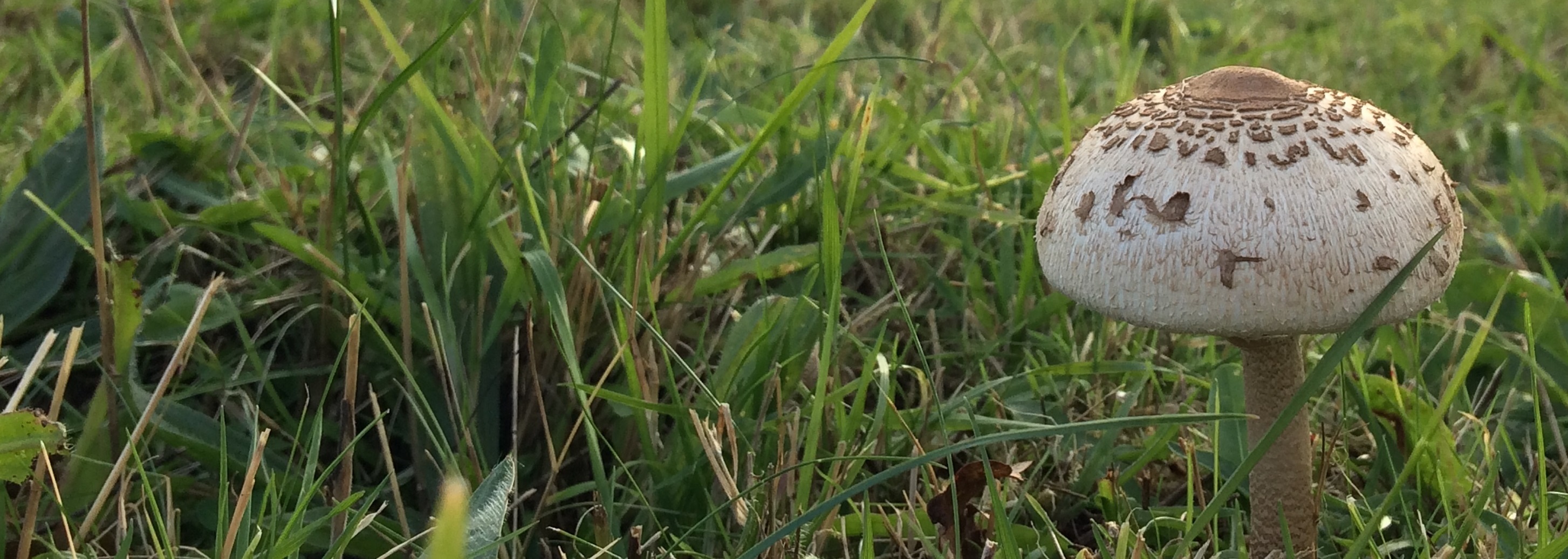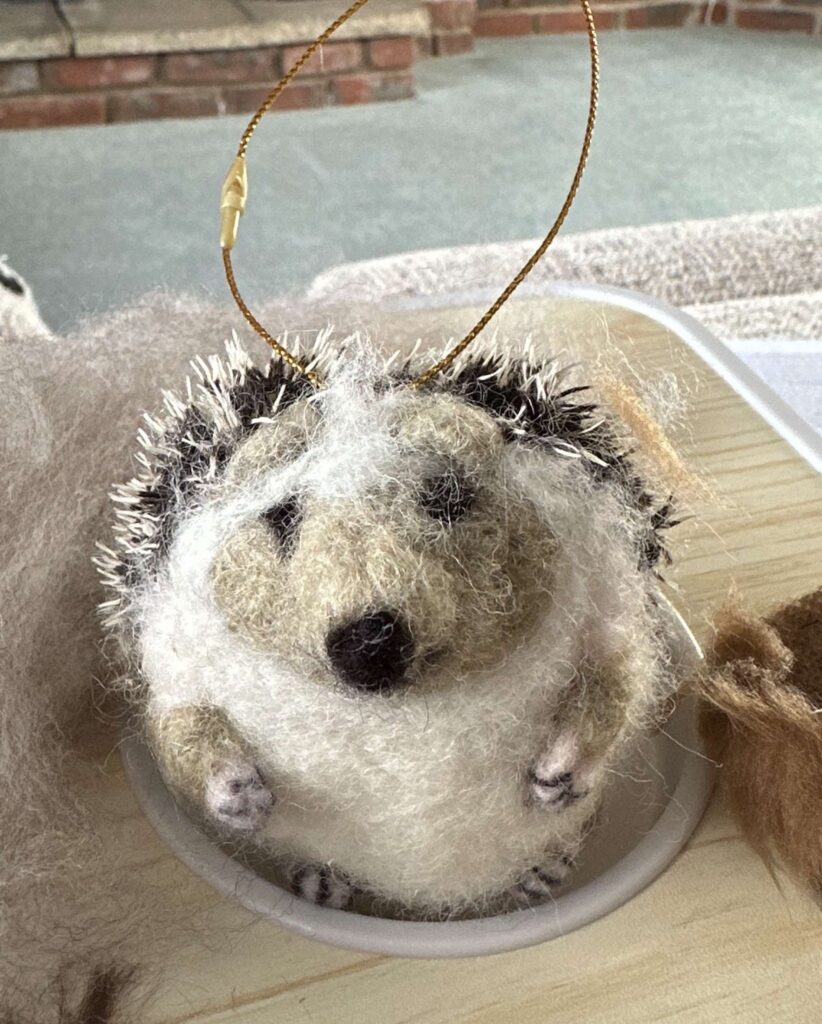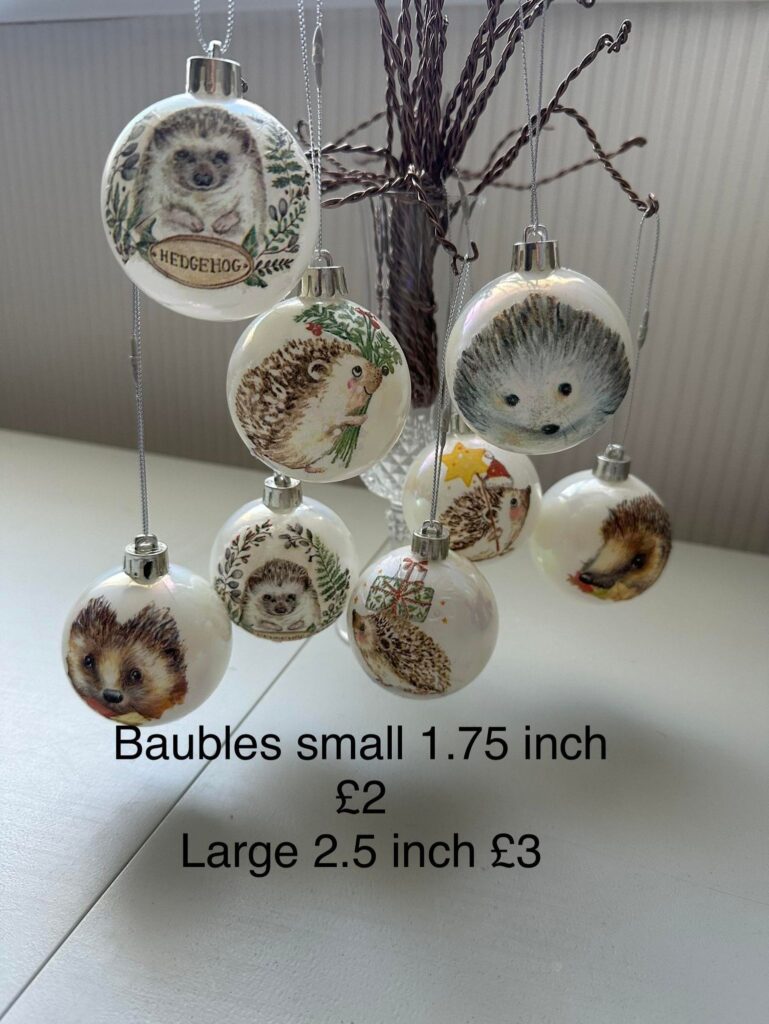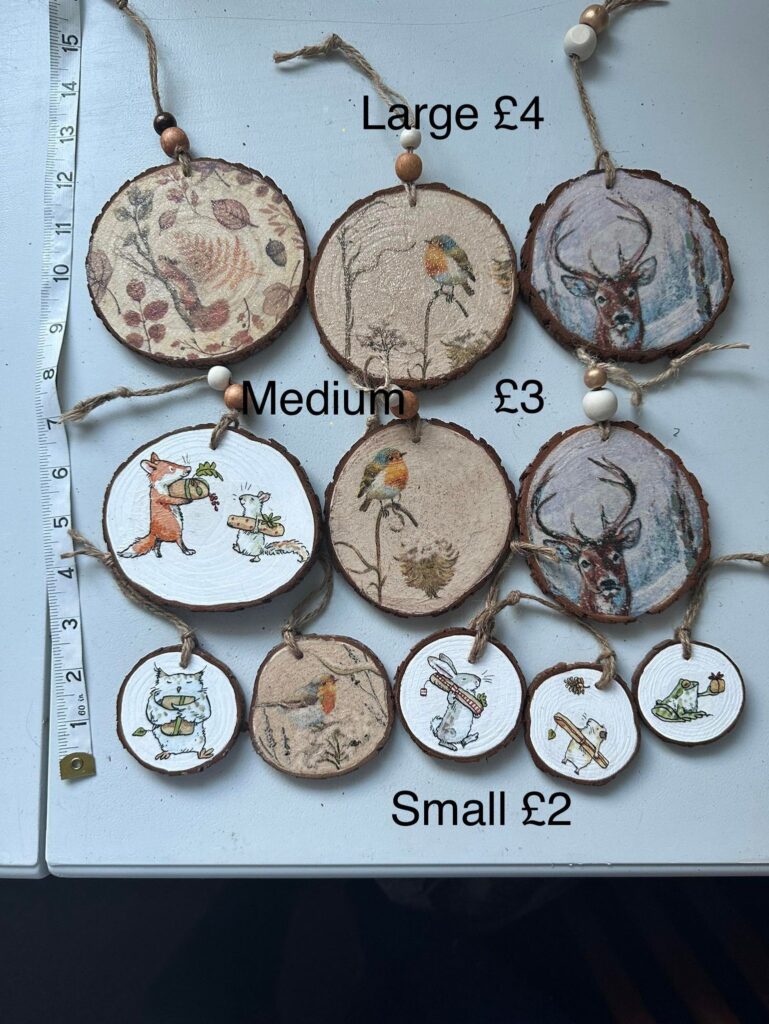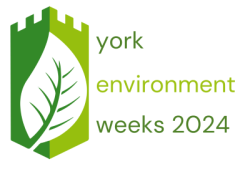Butterfly Emergency – we need to act
You may have taken part in the 2024 Big Butterfly Count from Butterfly Conservation We’ve reported on the results of this in previous years, but if you have been out in nature over the summer you may well have noticed a decline in the number of butterflies this year compared to previous years.
This decline has been enough for Butterfly Conservation launch a call to action to get the Government to take positive action, particularly for an immediate and permanent ban on butterfly-harming neonicotinoid pesticides, without exceptions. For more information see the Butterfly Conservation website.



